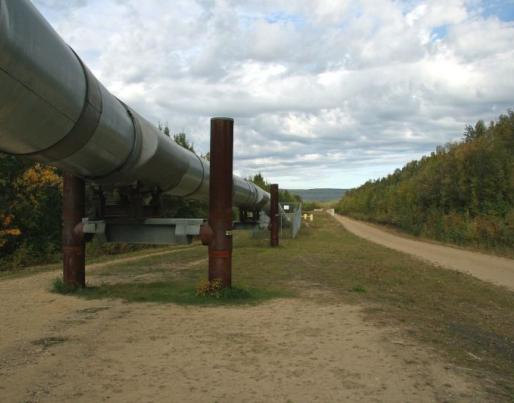The importance of decreasing the demand of the energy supply

The importance of decreasing the demand of the energy supply
The Managing Director of REHVA shares her opinion on current EU energy policies, highlighting the real causes of the current crisis: the ever-increasing total energy demand and the slow transition to a low-carbon Europe with sustainable energy sources.
Over half a year after the invasion of Ukraine by Russia, European governments struggle to ensure sufficient fossil fuel for this winter. They seem to be obsessed with purchasing gas and oil, without focusing on the real causes of the current crisis: the ever-increasing total energy demand and the slow transition to a low-carbon Europe with sustainable energy sources. The difficult past years have been training policy makers in crisis management. However, the climate and energy crisis can’t be solved with short-term and short-sighted measures, like labelling natural gas and nuclear energy investments green. We need long-term plans to solve the problem in a sustainable way.
Yet in the current media coverage and political debates one can mainly hear about the energy supply side, how to buy or extract more natural gas and oil and lower the price. Focusing only on the supply side and short-term fixes leads away from the real long-term solution. The cheapest and cleanest energy is what we don’t use. This is called the “energy efficiency first principle” at EU policy level. We shall decrease the energy demand first, then cover the remaining low amount of demand with green and sustainable energy sources.
The building and housing sector is in the centre of the current turmoil, as fossil fuels imported from Russia are needed to heat a largely inefficient building stock. The poor energy performance levels of our buildings have been well known for many years, well before getting into this latest energy crisis. The Energy Performance of Buildings Directive (EPBD) that aims to set minimum performance requirements for buildings, celebrated its 20th anniversary this year.
Political goals to tackle the problem have been evolving at EU level from the Clean Energy for Europe package to the EU Green Deal and the Renovation wave, setting ambitious targets for building energy efficiency and decarbonisation. The implementation, however, has been too slow and ideas are often killed at member state level. Recent analyses, like the latest EU Buildings Climate Tracker of BPIE shows that EU countries are way off track from decreasing the final energy consumption of households, and far away from the goals set for increasing the share of renewables in heating and cooling.
Read the full article here.